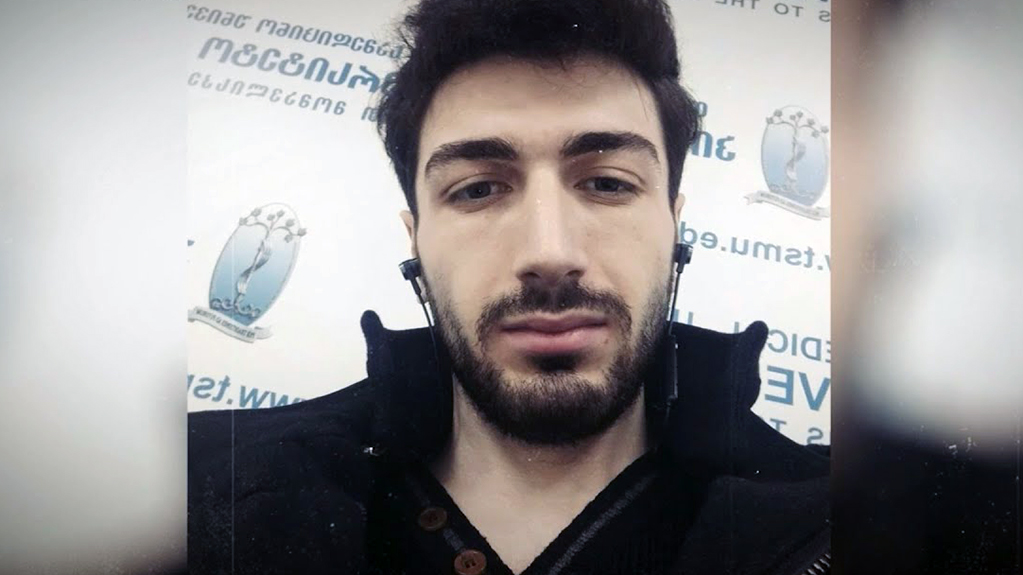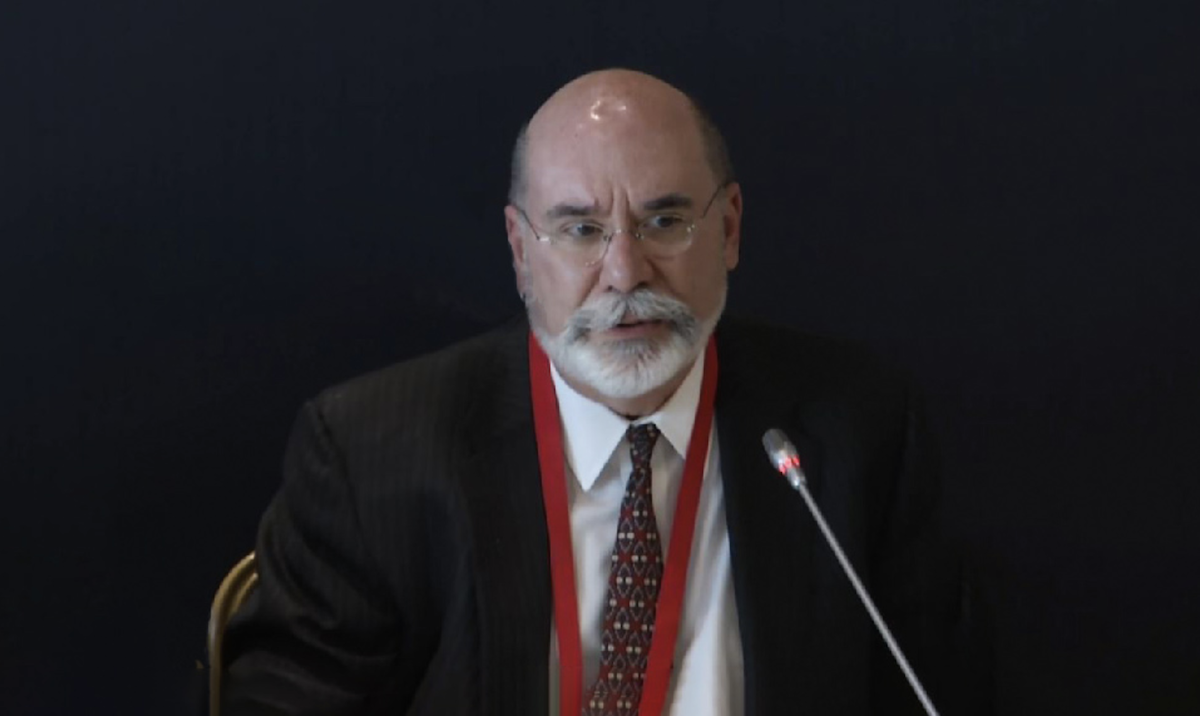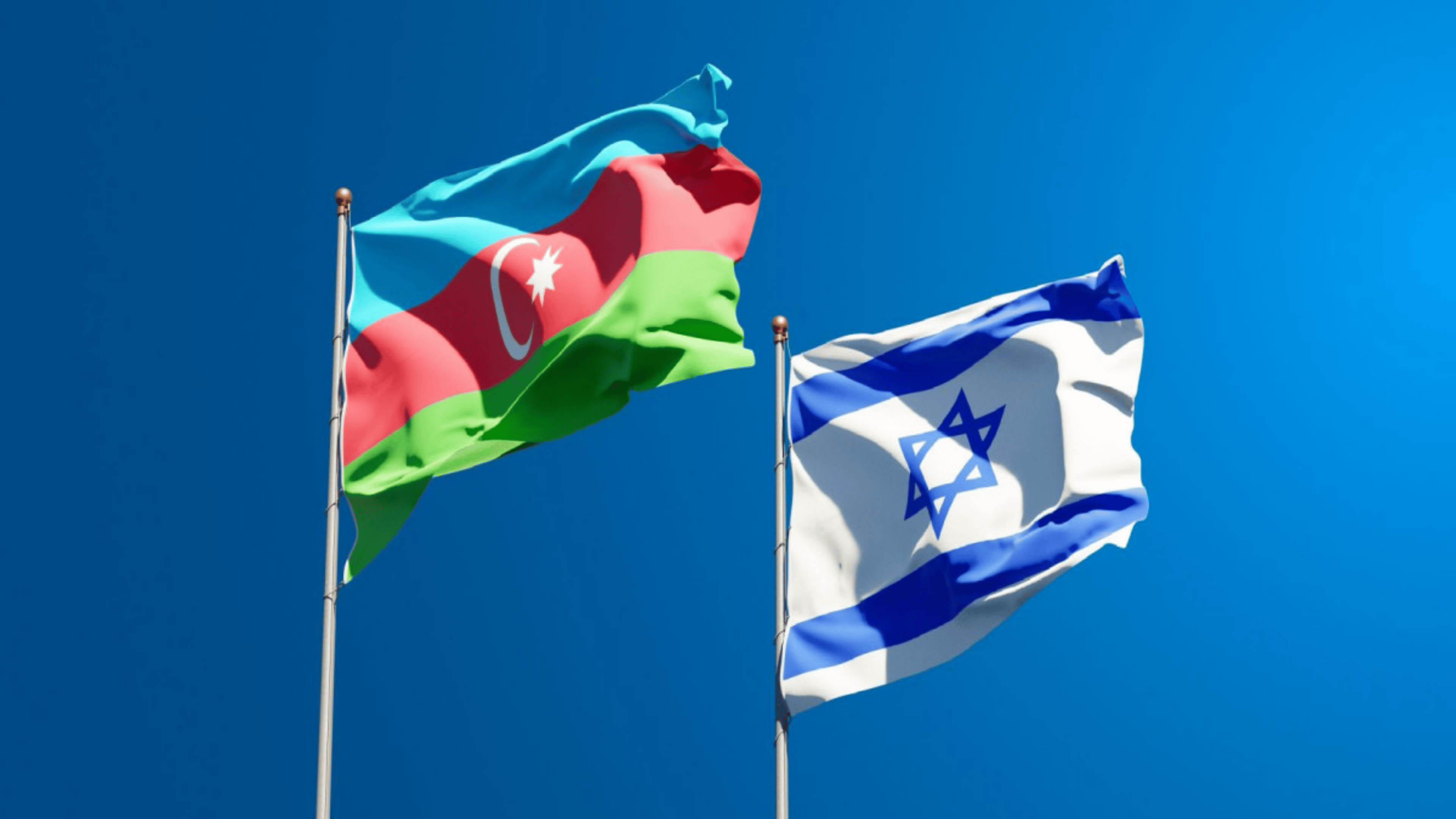The European Parliament proposes revising Georgia's visa-free status and imposing sanctions on Ivanishvili
The European Parliament on Georgia’s visa-free cancellation
The European Parliament adopted a resolution on April 25 regarding consideration in Georgia of the “foreign agents” bill. It urged the European Commission and EU member states to impose sanctions on oligarch Bidzina Ivanishvili, honorary chairman of the ruling party “Georgian Dream,” and to reconsider Georgia’s visa-free regime with EU countries.
The resolution calls for postponing negotiations on Georgia’s accession to the EU until the bill is completely removed from the country’s legal agenda. 425 MEPs supported the resolution, 25 opposed it, and 30 abstained.
In 2013, the EU introduced a document called the “Suspension Mechanism of Visa-Free Regime,” allowing EU member states to temporarily suspend visa-free travel for non-EU countries in certain circumstances. These circumstances may include a significant increase in asylum seekers, acute threats to national security, among others.
According to a resolution adopted in 2018, the European Commission annually presents a report on the compliance with all visa liberalization requirements by countries with visa-free regimes.
The European Union has visa-free arrangements with 60 countries. The European Commission is the main authority responsible for suspending visa-free travel. It monitors the situation and provides reports to the European Parliament and the European Council on the extent to which a country cooperates with the EU and shares common values.
The European Commission publishes the final response within 18 months from the start of the review process regarding the suspension of visa-free travel.
Upon the proposal of Polish MEP Anna Fotyga, the following points have been added to the initial version of the resolution:
- Urging the EU Council and member states to impose personal sanctions against Bidzina Ivanishvili, who “once again attempts to undermine the country’s Western course in favor of a turn towards Russia” and “acts against the interests of his own people.”
- Calling on the authorities in Georgia to release former President Mikhail Saakashvili from prison and allow him to receive proper medical treatment abroad.
The main points of the resolution are as follows:
● Calls on the Commission to timely assess the implications of Georgia’s planned adoption of the “foreign agents” law, which raises doubts about the country’s compliance with the mandatory conditions for maintaining the liberal visa regime. One of the key conditions pertains to human rights compliance, which is “the most important component of the visa liberalization policy with the European Union.”
● Urges the parliamentary majority from the “Georgian Dream” to withdraw the proposed amendments to the constitution, which “restrict the rights of LGBTQI individuals, constituting an attack not only on LGBTQI issues but also on freedom of speech and civil society as a whole.”
● Reiterates its call on the Georgian authorities to release former President Mikhail Saakashvili on humanitarian grounds and allow him to receive proper medical treatment abroad.
● Calls on the government of Georgia to withdraw the draft law “On Transparency of Foreign Influence” and “fulfill the promise made in 2023 never to return to this project.”
The full resolution can be read here
- Josep Borrell: “I urge political leaders in Georgia not to derail the country from its European path”
- EU representative explains Georgia’s ‘foreign agents’ law vs. EU directive
Initially, five working draft resolutions on the Russian law, initiated by the “Georgian Dream,” were presented in the European Parliament. After discussion, the deputies agreed upon and published a consolidated draft resolution.
Simultaneously, the High Representative of the European Union for Foreign Affairs and Security Policy, Josep Borrell, once again called on Georgia’s political leaders to withdraw the draft law on “foreign agents” and “not to derail the country from the European path.”
“If this law is adopted, it will jeopardize Georgia’s progress towards the EU. The adoption of this law will also affect the EU’s support for the Georgian people, as part of this support is provided through non-governmental organizations in the country,” Borrell said.


















